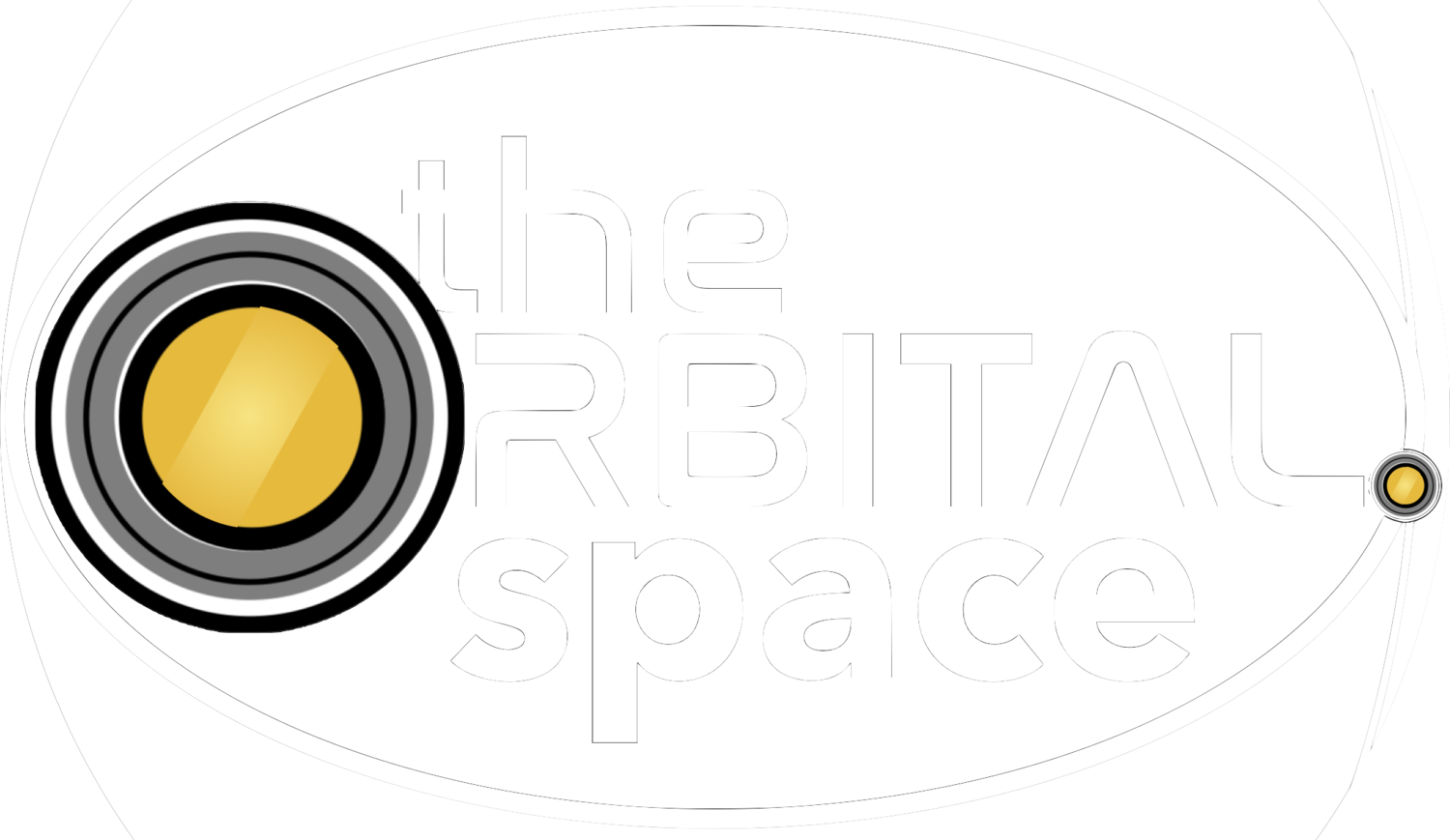CAPE CANAVERAL, FL — After the static test fire of its Flacon 9 rocket late Tuesday night, SpaceX has completed preliminary preparations for its cargo resupply mission to the International Space Station (ISS), launching Friday. Continuing NASA’s initiative to utilize the space-fairing vehicles of private companies, this will be the eighth launch sending SpaceX’s Dragon spacecraft to the ISS under the Commercial Resupply Services contract (CRS-8), and its first to the station since CRS-7’s catastrophic explosion nearly a year ago.
Image credit: NASA
On board, Dragon is ferrying over 3,000 kilograms of supplies for the station’s Expedition 47/48 crews. NASA held a science briefing early Thursday afternoon providing an overview of the science experiments launching Friday. Most notably is the Bigelow Expandable Activity Module, or BEAM. Compressed, and packed in Dragon’s unpressurized trunk, BEAM will dock to the station and expand to more than four times its size. The module will remain docked to the ISS for two years while its design and structural integrity are tested. Station crews are scheduled to enter to module three to four times per year to take temperature, pressure, and radiation measurements to help determine the module’s viability for future, more advanced expandable habitats Bigelow Aerospace hopes to produce.
The largest component of Dragon’s resupply service (the module will measure over 3 meters2, once expanded), BEAM is not the only scientific experiment headed to the ISS tomorrow. Four experiments aboard Dragon will directly contribute to NASA’s future Journey to Mars mission.
Many life science investigations surrounding musculoskeletal system degradation in microgravity, and the prevention of bone and muscle diseases on Earth have been conducted aboard the station. Continuing this endeavor, this launch will bring a group of live rodents to the station for antibiotics research, and its possible application for the prevention skeletal and muscular atrophy associated with long-duration spaceflight.
Photo credit: theOrbital.space/Josh Dinner
Building off of NASA’s Veggie experiment, Veg-03 will use facilities aboard the station to cultivate a small cabbage crop. Understanding how organisms grow differently in microgravity is a crucial first step toward astronauts growing their own, sustainable food sources in space, and a critical step for any long-term mission beyond low-Earth orbit. The first two Veg-01 and 02 saw the first vegetables grown and eaten in space, respectively. Gioia Massa, Project Scientist in the Exploration, Research, and Technology office at the Kennedy Space Center, estimates that, for a long-term mission to Mars a combination of dehydrated proteins brought along as a consumable food source, and “20-50 meters2, per person, if you’re stacking [crops within a greenhouse module], would provide a good portion of a person’s diet.”
To help understand how microbes present on the ISS can effect crew health during long-duration missions, Microbial Observatory-1 aims to monitor the different types of microbes present on the ISS over a one-year period.
NASA will also be studying how specific human proteins undergo crystallization when exposed to a medically relevant compound. Previous research has shown that growing these crystals in microgravity helps avoid certain drawbacks to protein crystallization on Earth. The gravity on Earth can adversely affect the formation of human protein crystals often targeted for certain medications. It is hoped that observing this formation in microgravity will allow scientists to better render a 3D model of these macromolecules, improving upon medications currently used to treat a number of cancers.
In addition to the data sent down remotely, both the Veg-03 and the protein crystallization experiments will have samples returned back to Earth following their completion.
The Dragon capsule is scheduled to remain at the ISS until later this year, when it will return to Earth with a number of scientific experiment samples; including many pertaining to astronaut Scott Kelly’s One-Year Mission.
SpaceX is scheduled to launch at 4:43pm ET, Friday, April 8, with a planned ISS rendezvous on April 10. In the event of a delay/scrub, the launch will be postponed to Saturday, at 4:20pm ET.








